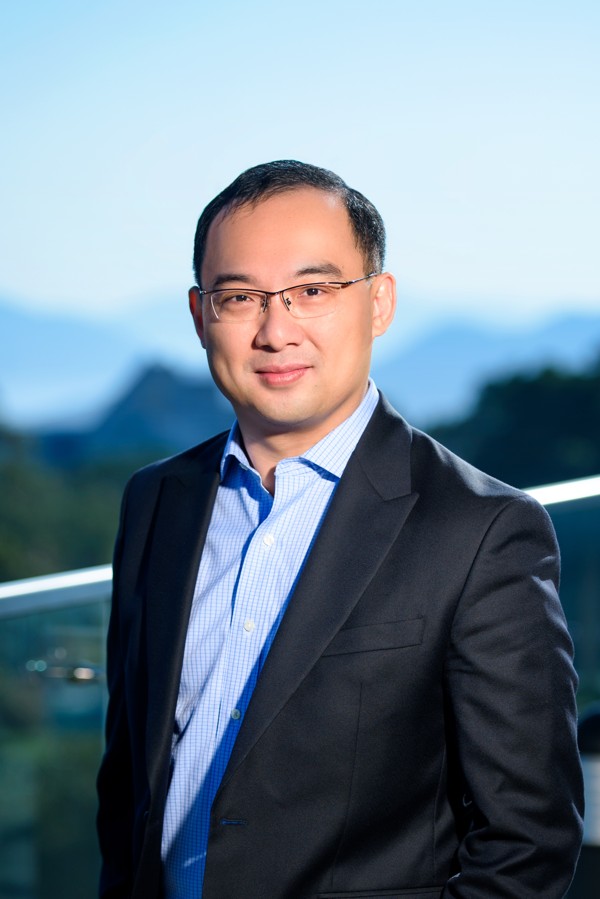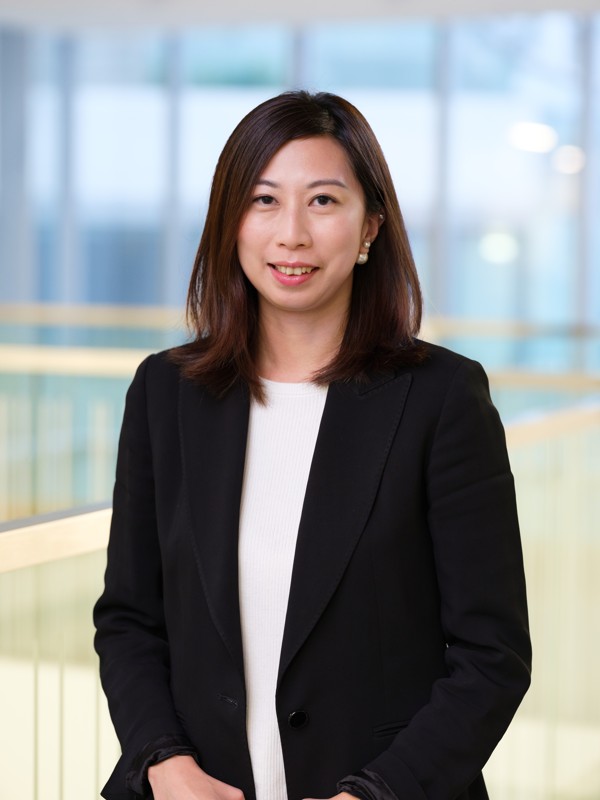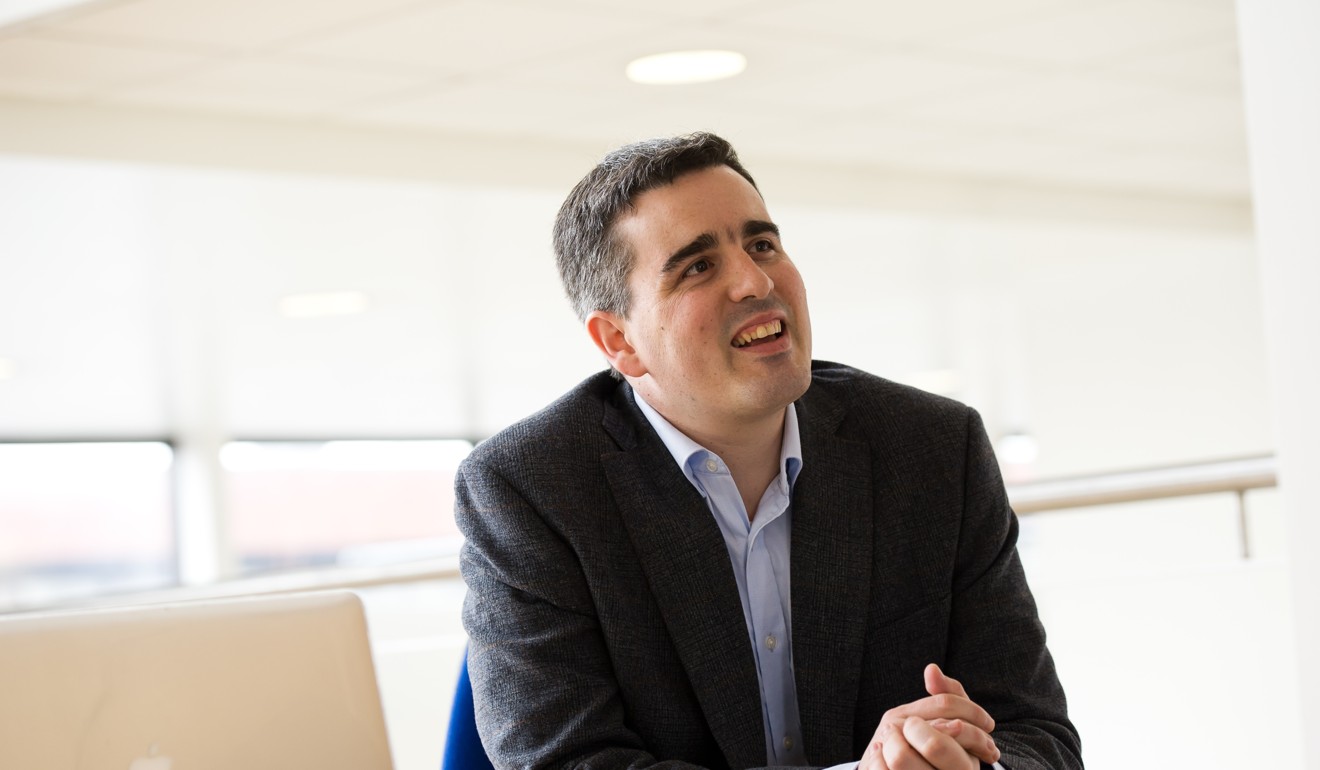
MBA - beyond the deal
- MBA courses worldwide focus more on entrepreneurship, social responsibility and technology applications, among other business skills
In a world where business is becoming increasingly global, it’s no surprise that an international metropolis like Hong Kong is home to some of the world’s top MBA programmes.
The Hong Kong University of Science and Technology (HKUST) MBA is a perfect example. The MBA came in at number 14 in the Financial Times Global MBA Ranking earlier this year, making it the highest-ranked MBA programme in Hong Kong. There have been previous successes, too. The MBA was ranked 14 in the 2016 Financial Times ranking, and 15 in 2017.
Programme director professor Chen Tai-yuan believes that science, besides business, plays a part in the success of the MBA. “We are part of HKUST, which is a university as well as a business school. Science and technology are in our DNA,” says Chen, who is also associate dean of the HKUST Business School.
“This element gives companies an indispensable advantage. Our top computer science professors teach our students subjects like artificial intelligence (AI). They learn directly from researchers who are at the frontier of technological development,” Chen says.

More and more MBA applicants are coming from tech backgrounds, Chen notes. “Historically, all our students were working in finance, especially in the bulge bracket investment banks. Now a lower percentage of students come from those areas,” says Chen, adding that students now come from the consulting and technology industries, especially the latter.
“We also have more candidates from engineering backgrounds applying for our programme. Because they already have solid technical expertise, they want to do an MBA to develop their business acumen and learn skills that will help broaden their careers after they graduate,” Chen says.
Knowledge and competency in science and technology encourage an entrepreneurial mindset, the professor adds. “Science and technology are key drivers for start-ups,” says Chen, noting that HKUST has a state-of-the-art entrepreneurship centre. “We connect our MBA students with engineering students and allow them to work on new ventures, many of which have been successful,” he says.
Large corporations, as well as start-ups, need to be tech-savvy nowadays. “In 2017, [Lloyd Blankfein] the CEO of Goldman Sachs, said their company is a technology firm,” Chen says. “There is an increasingly popular opinion that all companies must become technology companies to succeed in the future. In fact, one of the greatest challenges executives face these days is a lack of knowledge of how to incorporate the latest technologies into their business strategy.”
Chen says to bridge this gap, the HKUST MBA has launched a new business technology and analytics track. This features courses on AI, fintech, big data and blockchain, so that students can develop their digital competencies while strengthening their business acumen.
Chen stresses that the course’s Hong Kong location has advantages for Asian students. “We have seen Chinese and Asian candidates becoming more interested in our programme. That may be partly due to the trade war [with the US] and Brexit,” Chen says. “With the Trump administration and Brexit, it is very difficult for non-locals to get a valid work visa there.
But Hong Kong has an open employment policy for non-locals with the Immigration Arrangement for Non-local Graduates (IANG) visa. This gives Hong Kong a unique advantage,” says Chen.
Access to the school’s extensive alumni network, which will bring students lifelong business and learning opportunities, is one of the greatest benefits of studying at HKUST.
“Our world is changing rapidly, and so is business,” Chen says. “To make sure our students are equipped with the latest business knowhow, we have implemented a lifelong learning initiative for our alumni. Even after graduation, our alumni can still return to our classrooms and take courses with current MBA students. We want our graduates to benefit from the programme for the rest of their lives, not just for one or two years,” Chen says.
The MBA is available in both 12-month and 16-month courses, and fees are at HK$585,000. Applications are now open for the 2019 spring semester.

Another of Hong Kong’s top programmes, the Chinese University of Hong Kong (CUHK) MBA, also has a strong focus on technology. “The advent of digitalisation and new technologies – especially AI – have completely changed how business is done,” says Sabrina Ma, director of marketing and student recruiting, MBA programmes, CUHK Business School.
“Through a focused curriculum on digitalisation and technology, students will be exposed to these new innovations, and understand the disruptions created by the digitalisation of industries and markets.”
Ma says the CUHK MBA programme’s emphasis on social innovation sets it apart. “Social innovation is at the heart of our programme. Through social enterprise and sustainability courses, CSR initiatives equip and train students on how to integrate social innovation as part of a business strategy,” says Ma.
Ma believes that Asian MBA programmes will continue to grow in strength relative to their US counterparts. “With current issues like the US-China Trade War, the ‘Belt and Road Initiative’ and Brexit, interest in MBA programmes has shifted from the US to Asia,” she says. “Given the fact that the Asian economy, especially that of China, is still booming, there are more opportunities to create and run businesses here.
“That’s why we are seeing more aspiring entrepreneurs coming to Asia to pursue their MBAs, especially in Hong Kong and China,” Ma says.
She adds that Hong Kong is a special place in which to study because it has both an international and Chinese outlook. “No other city has this,” says Ma. “It is also a springboard to getting deeper into the China market. Because of our well-established programme on China knowledge, and our vast alumni network in China, our students consistently develop successful careers in the mainland.”
The CUHK MBA is the oldest MBA programme in Asia, and celebrated its 50th birthday last year.
It came 43rd on the Financial Times Global MBA Ranking this year. The MBA is available as a one-year full-time or a two-year part-time course. Fulltime tuition is HK$550,000 and part-time costs HK$410,000.
The school is still accepting applicants for part-time students for the coming semester.
To further demonstrate the prominence of MBAs in Asia, look no further than the Global MBA at the Alliance Manchester Business School at The University of Manchester. One of the most prominent business schools in the UK, the school has been delivering MBAs in Hong Kong since 1993.

“The Manchester MBA is a truly global programme, with a delivery model that sees our academics travel to our centres in Manchester, Hong Kong, Shanghai, Singapore, Dubai and São Paulo,” says MBA programmes director Xavier Duran.
The part-time course is unique because it’s designed for people working in a wide range of professions. Duran says this is because people began moving out of traditional business fields after the “financial tsunami” of 2008.
“The MBA is a generalist business and management qualification. As such, it attracts people from every walk of life,” Duran says. “The mix of students applying to our MBA programmes has evolved. There has been a shift of applications from fields like banking, finance and engineering, to fields like tech, consultancy, pharma, telecoms and even entrepreneurship,” Duran says.
Duran says that applications are especially diverse in cities like Hong Kong. Because of this, the programme can help take the career of any working professional to the next level. “Our part-time global MBA programme is designed for busy working professionals pursuing career growth in a global environment,” Duran says. “The programme is delivered through a blend of online and face-to-face elements that give ambitious business professionals the flexibility to complete a reputable MBA within two years.
“We break the different elements of the programme into six residentials that allow students to meet academics and network with senior MBA peers face-to-face, while still maintaining the flexibility of studying part-time,” Duran says.
Another thing that makes the Manchester MBA stand out is its heavy emphasis on skills development. “Rigid, full-time MBA programmes are being discontinued, especially in the US, and real skills acquisition is becoming a prominent part of the MBA curriculum,” Duran says.
Duran believes that things like the “Belt and Road Initiative” reflect the shifting balance of geopolitical and economic power, especially in the direction of Asia. “Events like Brexit and the US-China trade wars are episodic short-term reactions to these power shifts, and are reflective of the accelerating rate of uncertainty and dynamism defining the business environment.
“We believe that business and management education providers have the responsibility of ensuring that future business leaders not only navigate, but fully thrive in this environment,” says Duran.
